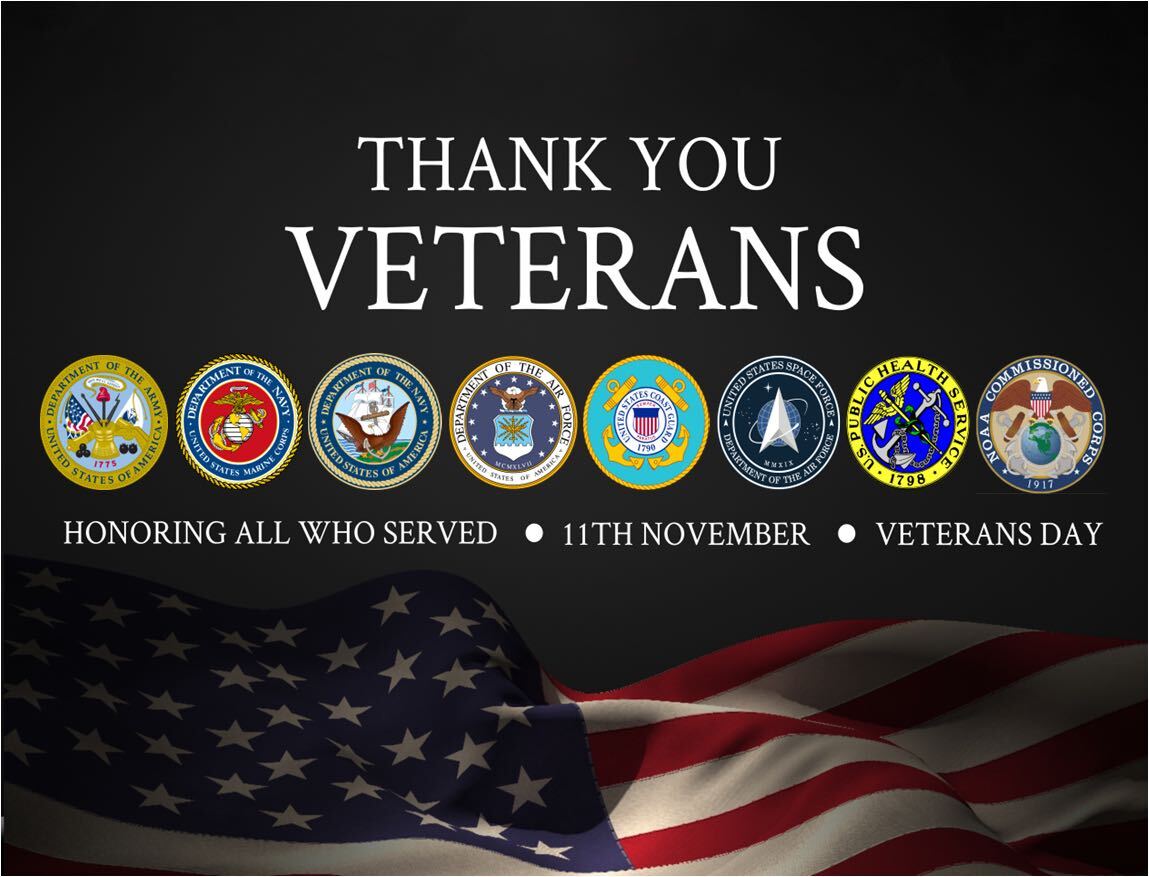In the grand tapestry of human history, the echoes of valor and resilience that reverberate through the ages find a poignant echo in the spirit of Veterans Day—a day dedicated to honoring those who have borne the yoke of service in the defense of freedom and justice. As we traverse a century after the cataclysmic events of the Great War, the Bahá’í teachings provide a compelling framework for understanding the profound implications of service, sacrifice, and unity that underpin this day of remembrance.
In the tumult of the early 20th century, World War I unveiled the fragility of human existence and the potentiality for profound change. The battles fought and the lives lost serve as a stark reminder of the cost of division and discord. Bahá’í teachings resonate strongly with the lessons garnered from such historical upheaval, emphasizing the imperative of collective endeavor and human solidarity. The analogy of a single thread in a vast tapestry can be invoked here, whereby each soldier, each veteran, represents a vital strand woven into the fabric of humanity. Their contributions, like threads, are indispensable yet delicate, interlacing to form a narrative replete with courage and determination.
At the heart of the Bahá’í perspective lies an unwavering commitment to the oneness of humanity. This principle elucidates that the sacrifices of veterans transcend national or cultural boundaries, embodying a universal struggle for peace. Veterans Day, then, becomes not merely a commemoration of individual heroism but a recognition of shared human experiences. The Bahá’í writings assert that “the earth is but one country and mankind its citizens,” a sentiment that encapsulates the essence of collective remembrance. This day calls upon us not only to honor the sacrifices of those who served but to aspire toward a future where conflicts are resolved through dialogue and understanding rather than arms.
The act of honoring veterans serves as a reflective mirror, prompting us to consider the underlying motivations that propel individuals into the crucible of war. Bahá’í teachings advocate for a profound examination of the principles of justice and equity, suggesting that the true valor of service lies not solely in the willingness to fight but in the courage to pursue peace. On this Veterans Day, one is compelled to contemplate the transformative power of non-violence, drawing parallels to the enduring legacy of veterans who have emerged as advocates for reconciliation and healing.
As we delve deeper into the intricacies of service, it becomes evident that each veteran embodies a narrative suffused with complexities. Stories of valor are often accompanied by those of trauma, loss, and recovery. The Bahá’í community espouses a holistic approach to healing, recognizing that the path towards societal restoration necessitates both recognition of past sacrifices and earnest efforts toward psychological and emotional well-being. Veterans Day is thus a pivotal juncture, calling for societal acknowledgment of the challenges faced by veterans upon their return home. Through community-supported initiatives for mental health and rehabilitation, we can honor their sacrifices and foster an inclusive society that elevates the well-being of all its members.
Cultivating a culture of remembrance also invites us to engage with the broader historical narrative of conflict and reconciliation. The Bahá’í teachings emphasize the critical importance of learning from the past. Every conflict, including the Great War, is imbued with lessons that resonate through time. Veterans Day not only commemorates those who served but also serves as a clarion call to reflect upon the causes of conflict, the failings of society that precipitate war, and the urgent need to cultivate a climate conducive to peace. By embracing a reflective mindset, one that honors the past while ardently striving for a harmonious future, the essence of Veterans Day becomes a vital ingredient in the quest for global peace.
The metaphor of planting seeds is indeed fitting as we illustrate the intentions behind Veterans Day observances. Just as seeds require nurturing to blossom, the testimonies and experiences of veterans must be cherished and shared within communities. Every act of remembrance, every story told, and every expression of gratitude cultivates a rich soil through which the ideals of unity and compassion can flourish. The Bahá’í community can play an instrumental role in fostering spaces for veterans to voice their experiences, thereby ensuring that the narrative of service is inclusive and diverse. Such efforts would contribute toward dismantling the isolating forces of war trauma, weaving a new narrative that champions resilience and recovery.
As we reflect upon this centennial commemorative occasion, the amalgamation of service, sacrifice, and the pursuit of peace emerges as a noble pursuit intrinsic to our shared humanity. The Bahá’í teachings provide an enriching lens through which we may examine our collective responsibilities toward veterans and the enduring legacies of war. Veterans Day, emblematic of both commemoration and reflection, urges us to endeavor not only to honor those who have served but to actively participate in creating a world where such sacrifices are not in vain.
In sum, as we commemorate Veterans Day amidst the shadows of the Great War, the fabric of our collective remembrance is woven with threads of compassion, justice, and unity. The Bahá’í teachings serve as a beacon, illuminating the path toward understanding and reconciliation. By nurturing the seeds of remembrance, we can create a robust culture that not only honors the past but ardently seeks to foster a future ablaze with the ideals of peace and harmony.
